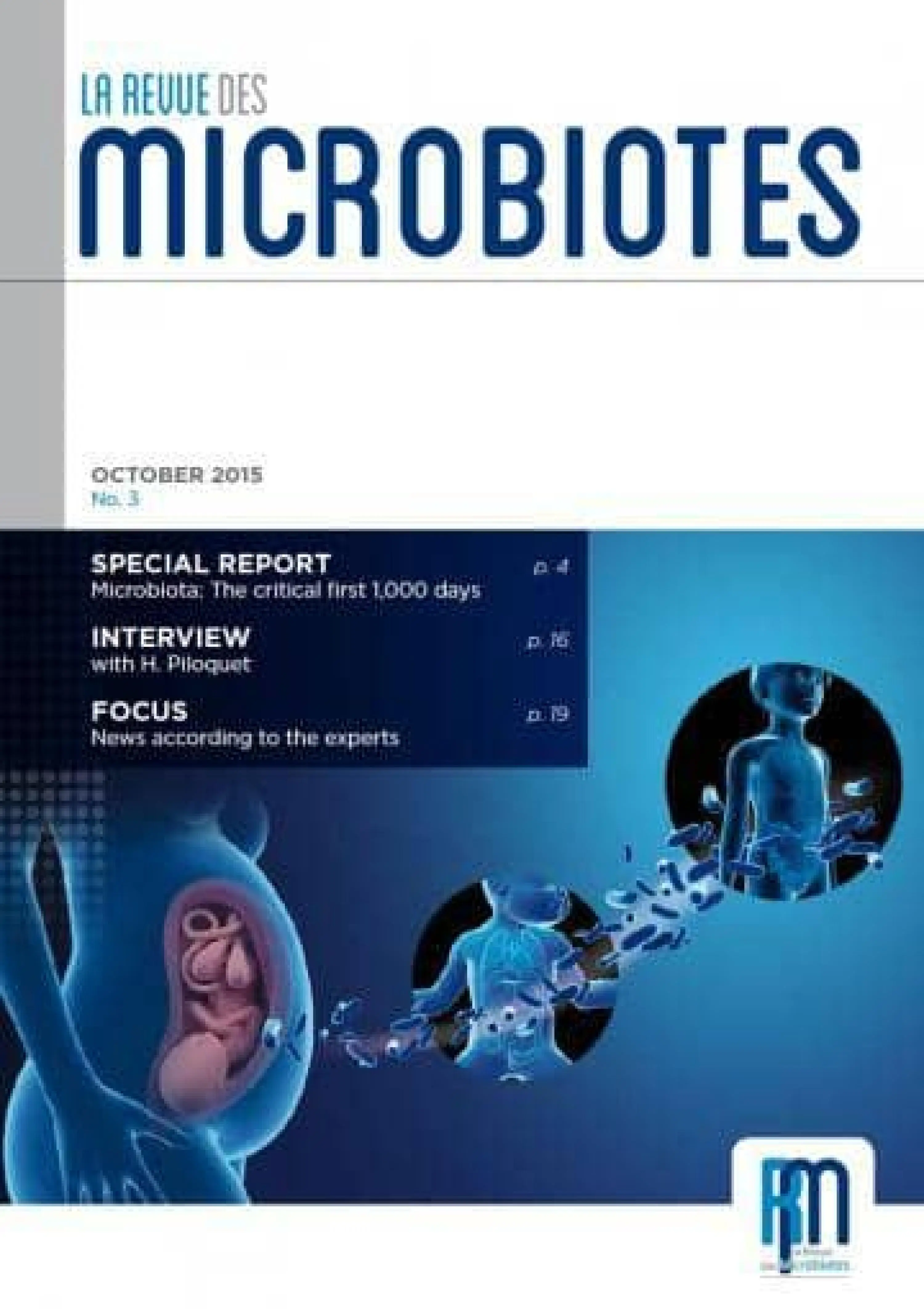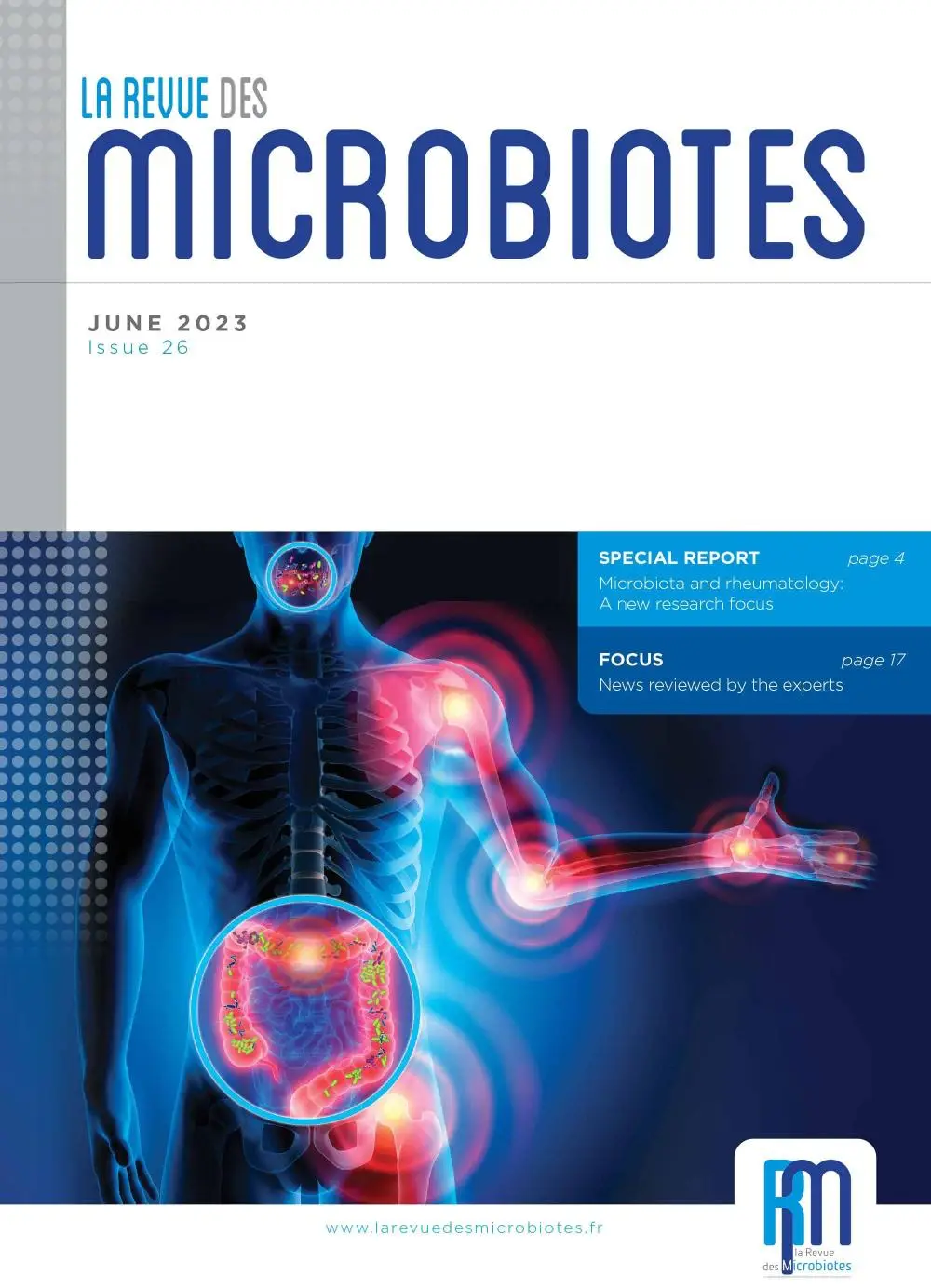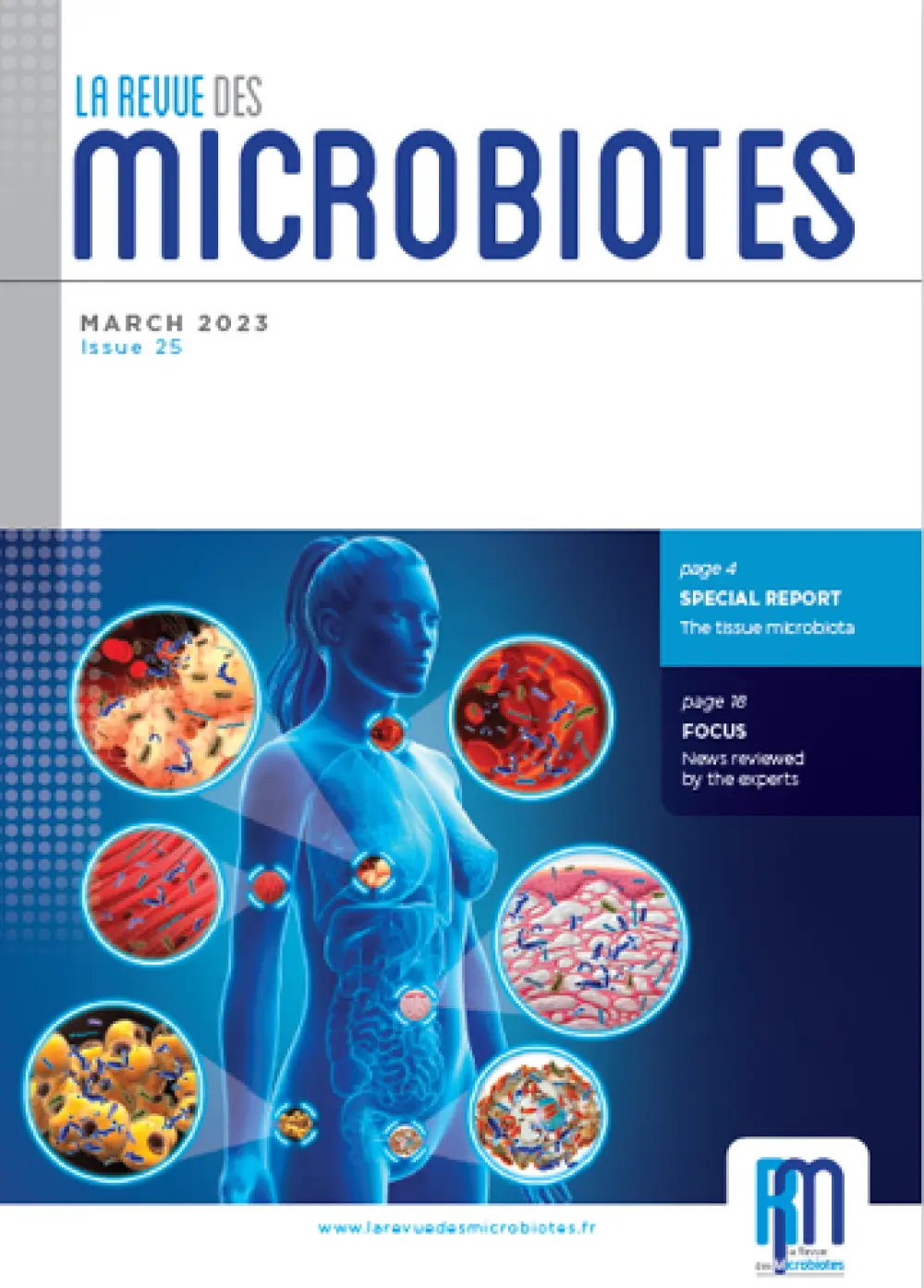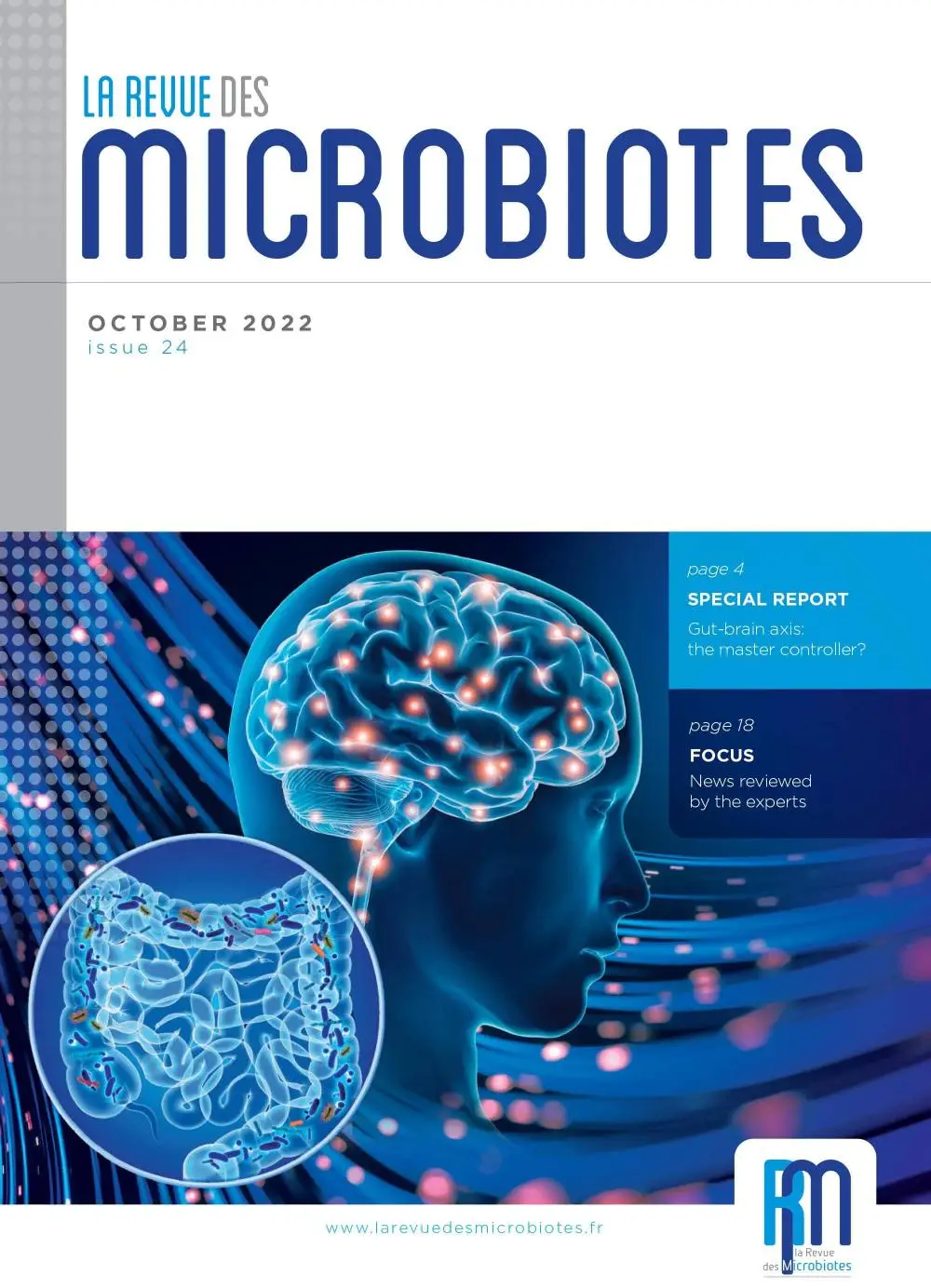How our bodies function is the product not only of our DNA but also of our immediate environments, which shape our immune system and metabolism very early on—even during the first days after conception. During the crucial period from conception to our 2nd birthday, spanning approximately 1,000 days, the microbiota we harbour greatly impact our health and development.
All maternal microbiota—vaginal, intestinal, oral, placental, and mammary—play essential roles in the normal growth of the foetus and shape the first years of the child’s life. The bodies of newborns are quickly colonized by a spectacular array of microorganisms from their surroundings, and the impact this new microbiota has on its host will last many years or even a lifetime. How do these microbiota establish themselves within the bodies of newborns? What factors influence this process and how?













